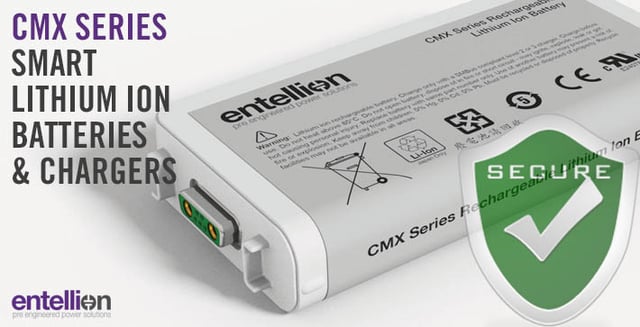Medical devices have seen a rapid shift from the once fixed sanctuaries of hospital wards out into our portable world. The abundance of Wi-Fi, the interconnectivity of electronics and remote information exchange has given rise to increased portability of the critical devices that monitor our health and provide doctors, paramedics, hospitals and even home health with the tools necessary in delivering flexible and customisable treatment.
However, this rapid rise in portability has created numerous security challenges. The US Food and Drug Administration (FDA) pushed for improved cyber security when it issued guidelines aimed at helping medical device manufacturers manage cyber security risks as well as maintain medical device functionality and safety. It was hoped that the guidelines produced would decrease the number of incidents of medical devices being hacked, thereby averting the risks posed to patients’ lives. However, the problem of security is not limited to the wireless capability of devices. A lack of hardware based encryption has caused widespread concern over the reliability of batteries used in such equipment.
The fact that portable medical devices are designed to operate without mains electricity/AC power access necessitates the use of reliable and safe backup-power management systems. Devices such as acute ventilators, portable anaesthesia workstations and intra-oral scanners all need continuous and safe power to protect patient health.
Battery counterfeiting is a problem faced by the medical industry on a scale never before witnessed in the sector. The ready availability of grey market, untested copycat batteries using inferior components means that many life-critical devices used in our hospitals and medical establishments could be rendered unreliable and unsafe to use.
At Accutronics we work hard to tackle this problem, which is why we designed the CMX series of smart batteries and chargers. The range incorporates features that include digital SHA-1 encryption, to prevent fake batteries being used with the host device, active and passive protection circuits, accurate fuel gauging, smart charge control and device-to-host communication.
SHA-1 digital encryption allows the medical device to issue a ‘friend or foe’ challenge to the battery. If the battery cannot respond correctly within milliseconds then it is determined to be an illegal battery and the medical device can alert the user that their battery is likely to be a fake. The authentication codes are only known to the OEM and the genuine battery company who program the battery at the time of manufacture. It is not even possible to eaves drop on the communication as calculation is performed with in the device, increasing the security of the process.

CMX series batteries can be transported, stored and used safely, without overcharging, over discharging, overloading and short-circuiting. Thermal sensing on the battery triggers alarms if it is too hot; removing it from the circuit if the operating temperature exceeds safe levels. Smart power management is what makes the CMX range stand out. Whereas other dumb systems that use a fixed-voltage cut off to prevent over-discharge, the intelligent system in the CMX maximises runtime per discharge cycle by telling the host device when to shut down based on highly accurate remaining-capacity prediction.
In the fight to close the backdoor on medical equipment security, every measure must be taken to secure the hardware itself, even if that means prioritising the humble battery. This is where anti-counterfeiting technology that prevents inferior fake batteries from being used in life-critical healthcare and medical devices comes into play and the CMX range is already revolutionising the mobile medical market.


